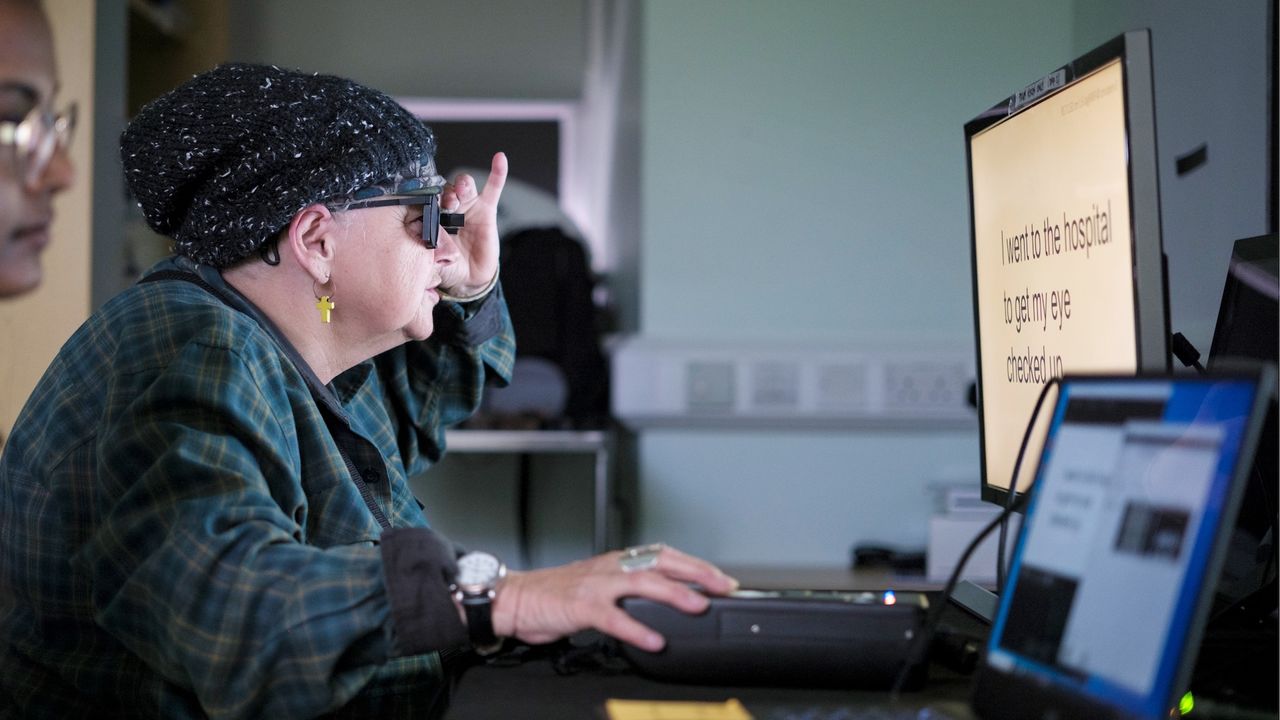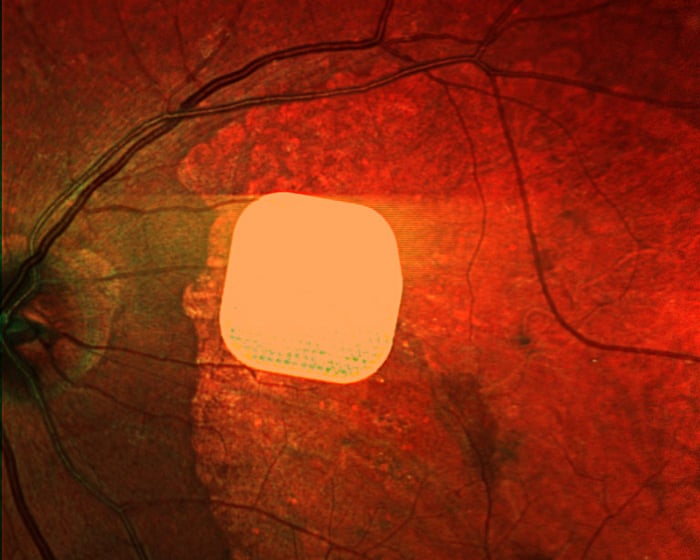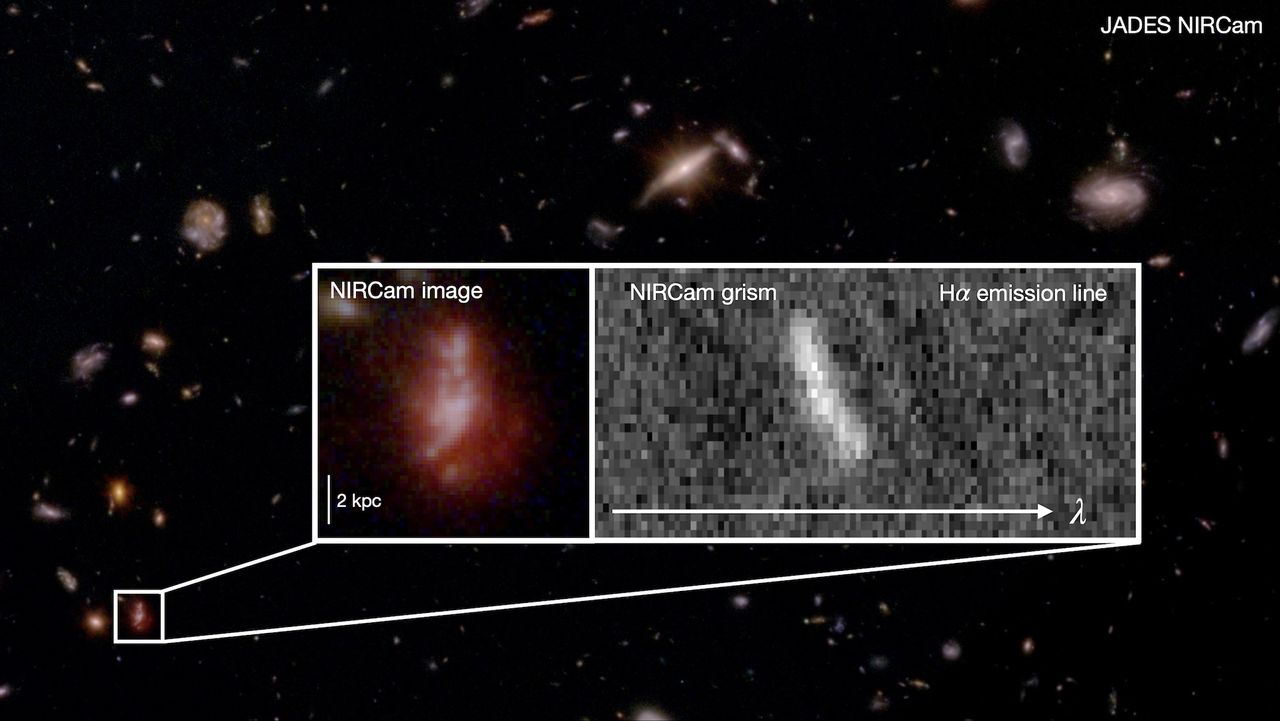New eye implants combined with augmented-reality glasses help blind people read again in small trial
PositiveScience

In an exciting development for the visually impaired, a small trial involving 38 patients with age-related macular degeneration showed that 80% were able to read again after receiving new eye implants and using augmented-reality glasses. This breakthrough not only highlights the potential of combining advanced technology with medical solutions but also offers hope to many who have lost their ability to read, significantly improving their quality of life.
— Curated by the World Pulse Now AI Editorial System







